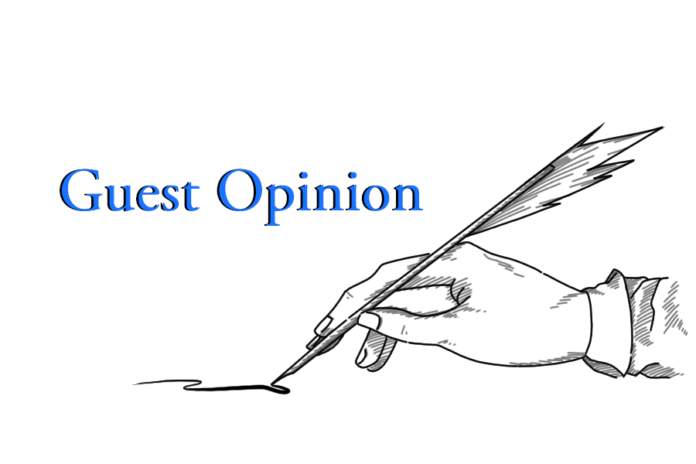We must reassess structures of power and punishment and consider how a culture of silencing arose
Disclaimer: The views and opinions expressed by guest contributors belong to them alone and do not necessarily indicate the views and opinions held by The California Aggie.
By MORGAN FRIES
In a time where tumultuous political and humanitarian events have created a call-to-action, cancel and call-out culture have made debuts as favored tools of trade––particularly in circles of social justice. If an impartial world is to be achieved, it is germane to analyze and critique the methods taken to achieve a better tomorrow.
It is imperative to understand the difference between cancel culture and call-out culture, while also understanding the mutual inclusivity of their relation. Cancel culture refers to removing the stage or platform that an offender previously spoke or did business from. This could be accomplished by boycotting their product or simply removing the soap box underneath. Call-outs operate as a way to publicly call attention, with a primary goal of shame or humiliation, to offenders and their crimes.
While cancel culture could consider itself radical in its own right, a less damning and democratic way to approach punishment, it ironically plays into the very facets of the systems it seeks to call-out. It is hard to imagine the parallel between Twitter cancellations and the capitalistic carceral system, until you understand the modalities they both impart: discipline and punishment.
Foucault’s “Metamorphosis of Punishment” has changed greatly from the 18th century to present day. Public spectacles of the guillotine and acts of torture are no longer applicable. Punishment has transformed from a bodily experience into the discipline of a man through the prison system. The only remaining spectacle is the legality of the trial. Monumental pain was traded for the disenfranchisement of personal liberties.
Even through this transmutation, not much has changed in the structure of societies’ need for a carceral system—a capitalistic systems’ need for castigation. The need for another by which to measure the rest of society’s morality. While rehabilitation is not a foreign concept entirely, it is not the primary sentiment of a prison sentence. Under capitalism, punishment and discipline are the primary tools in determining the bourgeoise of society––the winners.
While not operated by the state, but not carrying the gravity of the penalties proctored by it, cancel culture still implements the use of its discipline against those who do not fall in line. It reverts back to antiquated times by making wrongdoings a public spectacle on social media. This isn’t to say cancel culture’s function is empirically egotistical or even irrelevant, but it is important to understand the class warfare that also exists within it. Those with access to education are the primary jurors. Engaging in cancel culture asks the instigator to shed any notion they don’t know the cultural and social information and nuances they have the privilege of knowing today.
Under capitalism, voice and property are tools of power. De-platforming acts as a mode to punish others by seizing these means. It negates a deeper understanding. Education and conversation are not necessary if one instead yields the gavel. This is not to say that calling out those who have done wrong is obsolete, but it is important to take note of how prideful it can be when we lift the metaphorical guillotine over a peer who has stood out of line. Is it our pride or their education being fed here?
In a capitalistic, racist and prejudiced society, it makes structural sense to have prisoners. Those who disobey give us a reason to mistreat them and if we have a reason to mistreat, then we have a reason to exploit. In the perfect society many dream of, this model is outdated and useless. Our call should then be to educate.
Different than canceling, calling-out highlights specific examples of behavior and transgressions that are hurtful and intolerable. Calling-out becomes most advantageous with dialogue and can lead toward individual betterment and re-entrance into a better humanity.
To change the world we must re-evaluate the deeply-ingrained systems it was created upon. The othering and exiling of transgressors is an old world system. While transgressors who stand in the way of betterment must be confronted, we cannot continue to use systems of capitalistic discipline and punishment to seek realistic results. The question for this wave of humanitarians must be how we impart wisdom without the whip.
Written by: Morgan Fries
Morgan Fries is a third-year clinical nutrition major at UC Davis.
To submit a guest opinion, please email opinion@theaggie.org









